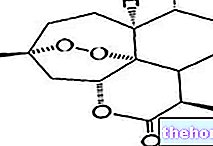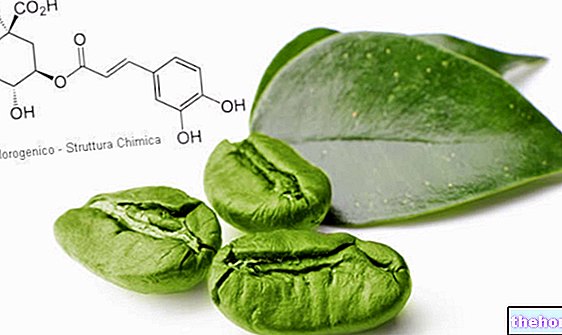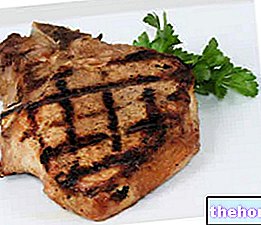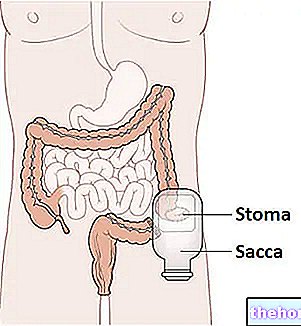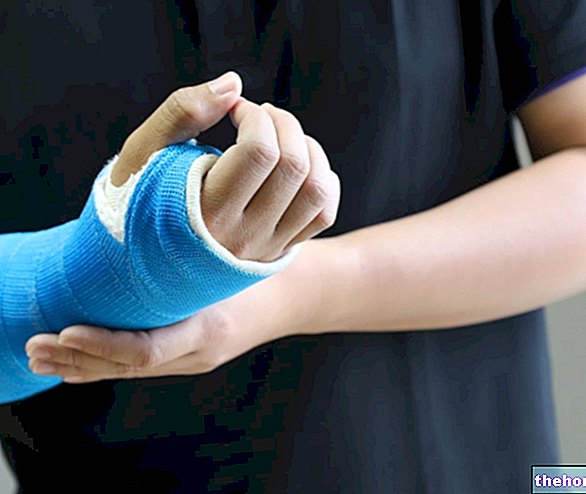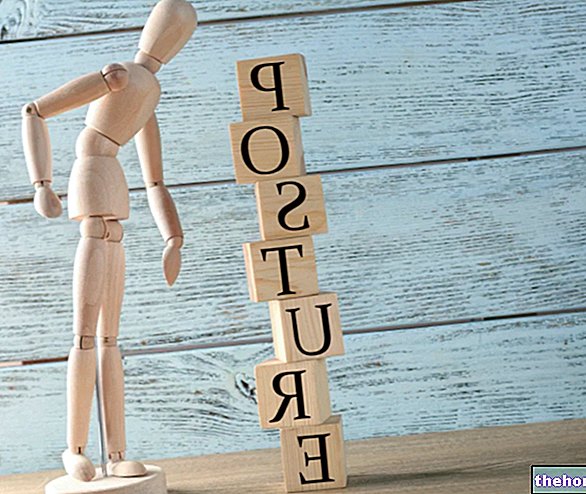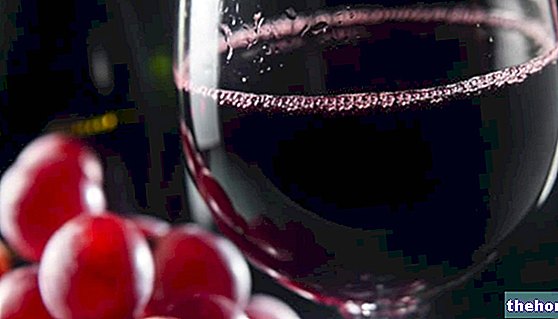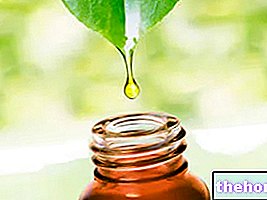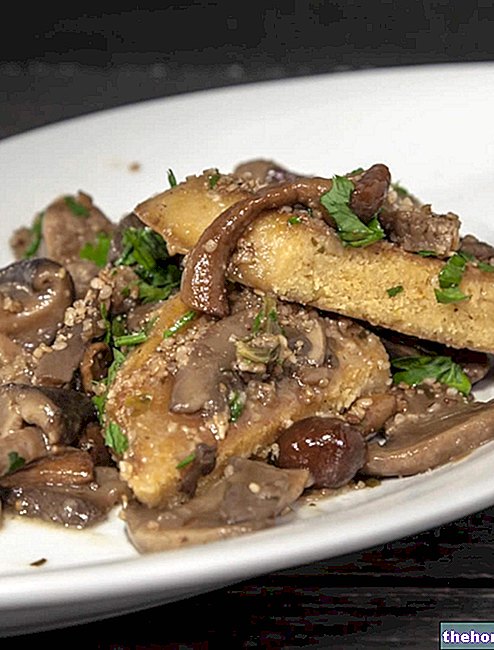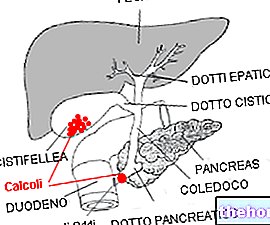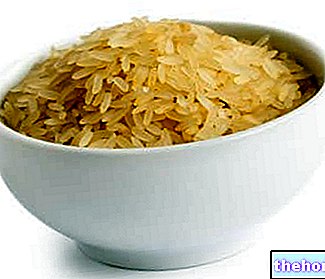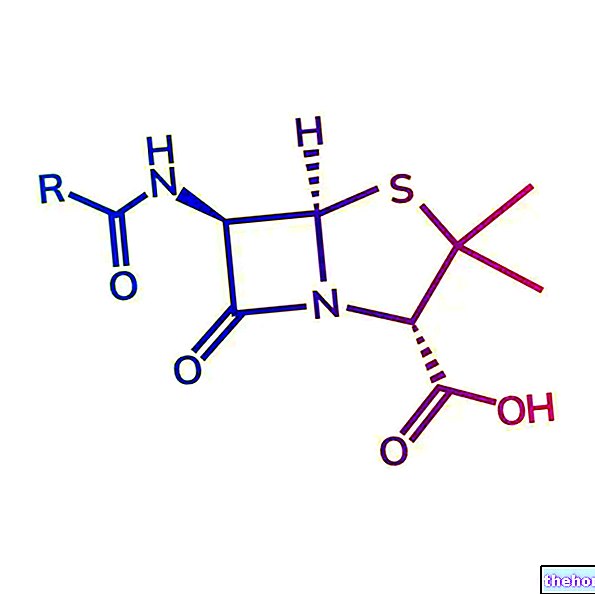What is Placebo?
In modern medicine, the term placebo is used to refer to any substance or medical therapy that is harmless and has no intrinsic therapeutic activity.

The placebo effect is a much more common phenomenon than one might think; for example, in pathologies with a significant psychosomatic component - such as migraine, insomnia, irritable bowel, anxiety and headache - the administration of placebo determines an improvement of the pathology up to " 80% of cases. Minor, but still important, is the success of the placebo in organic affections. Even certain sham surgeries have been shown to produce beneficial effects; therefore also surgery, with its great emotional load, can constitute a powerful placebo and give positive results independent of the surgical act itself.
Pure Placebo and Impure Placebo
- Pure placebo: substance or form of treatment without intrinsic therapeutic effect;
- Impure placebo: substance or form of treatment that has an intrinsic therapeutic effect, but not on the specific pathology for which it is prescribed.
Placebo Effect: What Does It Depend On?
The placebo effect is not just a simple psychological response, but a complex biological response.
If from a psychological point of view the patient subjected to placebo reacts positively to the therapy, his nervous system releases specific endogenous substances with self-healing properties; among these, the most famous are endorphins, endogenous opioids aimed at relieving pain, but also various neurotransmitters play an important role in the response to placebo. The immune system itself is strongly influenced by the psychological state of the subject, not to mention the cortisol and other hormones strictly dependent on stress levels.
An indispensable requirement for the placebo effect to manifest itself is the self-suggestion (or suggestibility) of the person who assumes it; the patient, in other words, must convince himself that he is taking an effective treatment and put his trust in it, or at least he must be led to believe it by the doctor who prescribes the treatment.

Already in the second century after Christ, the Greek doctor Galen had intuited that a doctor heals patients better when they have more confidence in his care.
The response to placebo is strongly correlated to the confidence that the patient has in the treatment that is prescribed, which largely depends on the confidence that he places in the one who prescribes it. For example, it has been seen that the certificates displayed on the walls of the study where the medical consultation takes place increase the efficacy of the placebo.
In addition to these essential requirements, there are numerous factors that contribute to the magnitude of the placebo effect. Eg:
- conditioning (linked to previous experiences → for example knowing that that doctor has healed a friend increases the placebo effect);
- two capsules are more effective than one;
- an injectable placebo is more effective than an oral one;
- the large tablet is more effective than the small one;
- tablet color, for example light blue and light green help in case of anxiety, depression and dysphoria;
- level of education: the most educated and self-sufficient patients, with a high habit of managing responsibilities, were more responsive to placebo;
- genetic components: according to some studies, the response to placebo is also strongly influenced by the genetic makeup of an individual, on which the pathways of the brain neurotransmitters capable of inducing the placebo effect depend.
Uses of Placebo
The administration of placebo can have a curative purpose or simply to satisfy the patient's desire to receive therapy that is not actually necessary.
In clinical trials, the use of placebo is instead aimed at verifying the real comparative efficacy of a drug or a medical intervention.
Placebo in Clinical Studies
Modern medicine is a medicine based on evidence, which seeks to scientifically demonstrate - through appropriate experiments - the safety and efficacy of curative treatments, be they pharmacological, instrumental, behavioral, etc.
To take into account the placebo effect, a respectable clinical study provides that a part of the subjects enrolled is treated with placebo, administered in the same form and in the same ways as the active comparison therapy. For example, if we want to test a drug in tablets, the placebo must be identical in its external appearance but devoid of active ingredient.
Studies that respect this important precaution are called blinded or double-blinded controlled clinical studies:
- Blind: the subjects of the experiment do not know which treatment (drug or placebo) they are receiving;
- Double Blind: Neither the subjects of the experiment nor the researchers know which treatment is given to each subject.
The aim of the blinded studies is to avoid the placebo effect, while the aim of the double-blind studies is to ensure the impartiality of the investigator in evaluating the effects of the therapy.
Another important feature of controlled clinical trials is that they are randomized trials, meaning that the population is randomly divided into the intended groups (eg. Those taking the drug, those taking the placebo, etc.)
Placebo as Therapy
Until recently, most of the therapeutic effects of medicine were due to the placebo effect.
Think for example of the strange concoctions prepared with blood or animal parts, shredded bones, dung, etc., so popular in the Middle Ages.
When it comes to the therapeutic effect of placebo, however, one must not make the mistake of blaming it for any clinical improvement seen in patients taking it. This improvement may in fact depend on numerous other factors; first of all, it has been noted that many patients tend to go to the doctor in the most acute phase (when the disorders become more severe) of the disease, which would subsequently tend to improve spontaneously due to its natural course. In addition to cases of spontaneous remission, other elements may lead to incorrect interpretation of the consequences of the administration of placebo; the patient, for example, can be influenced by independent factors (a new love, a win, a vacation, etc.) that lead him to perceive an improvement in his health, while in other cases he may report benefits obtained only because he intends to please the doctor.
Placebo Effect and Alternative Medicines
The placebo effect may represent the connecting link which, at least partially, agrees proponents and detractors of the so-called alternative medicines.
To the variegated and inhomogeneous group of alternative medicines belong all those therapeutic practices whose efficacy has not been subjected to controlled clinical tests or has not passed them. The group includes, for example, naturopathy, chiropractic, ayurveda, yoga, hypnosis, acupuncture, homeopathy and traditional Chinese medicine.
The fact that it is not possible to demonstrate the "effectiveness of an alternative medicine through the randomized clinical trials mentioned above" does not necessarily mean that it is totally useless for the patient.
The placebo effect could therefore explain the positive experiences of doctors and patients who successfully decide to rely (for example) on homeopathic treatments; in this regard, however, we must not forget the other independent factors that contribute to an improvement in the disorder ( for example, most people who use homeopathic remedies do so for short-term illnesses; in these cases, it seems that the homeopathic remedy works, but in reality the person would recover anyway after a few days).
What conventional medicine should learn from alternative medicines is the profound attention they devote to the patient's symptoms and his personal and family history. In these disciplines, in fact, a profound relationship is created between doctor and patient, which undoubtedly contributes to determining the therapeutic effect. Therapeutic effect which, even when guaranteed by the administration of conventional therapies, can certainly benefit from the additive benefit coming from "placebo effect.
Ethical aspects
Placebo can be deliberately prescribed to a patient with the genuine intent to make him feel better. However, there are circumstances in which the administration of a placebo becomes condemnable, or at least questionable; for example, when:
- takes place as a substitute for conventional therapies that have scientifically proven their clinical efficacy and whose intake would be accepted / tolerated by the patient;
- slows down the necessary diagnostic investigations;
- is too expensive (one might wonder why to take an expensive homeopath when the same effects can be achieved with a sugar pill. The answer may be that the patient places more trust in an expensive product than a cheap one, but overdo it the cost of the treatment is however condemnable);
- uses a false placebo (for example when prescribing an antibiotic for the common cold, exposing the patient to unnecessary side effects and promoting the spread of antibiotic resistance).
Furthermore, one can ask whether it is ethically correct to provide a cure based on deception, given that the doctor who relies on placebo cannot inform the patient of the total absence of the active ingredient (under penalty of forfeiture of the placebo effect itself).
See also: Walnut Effect »

